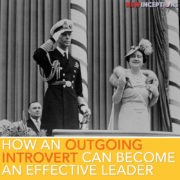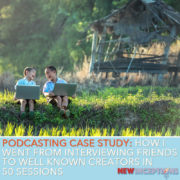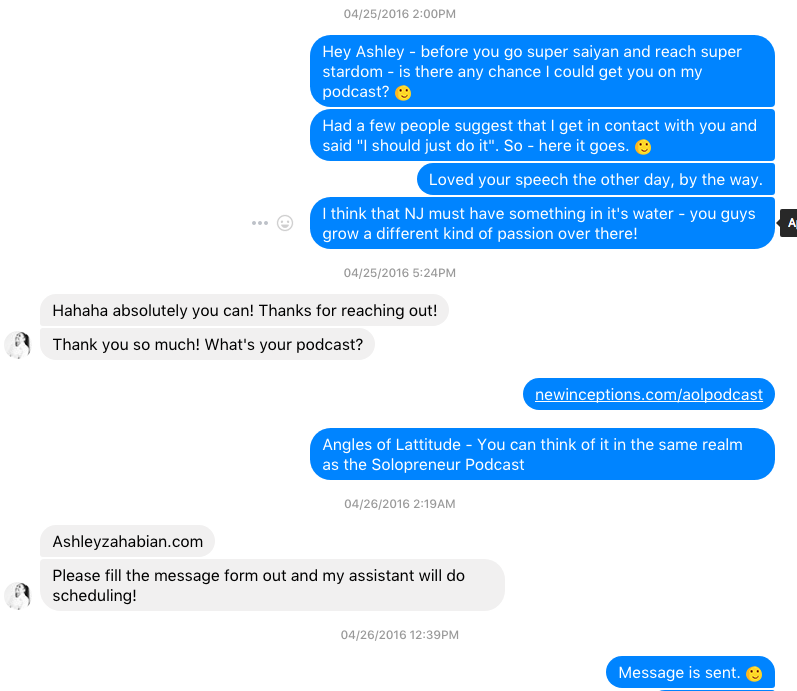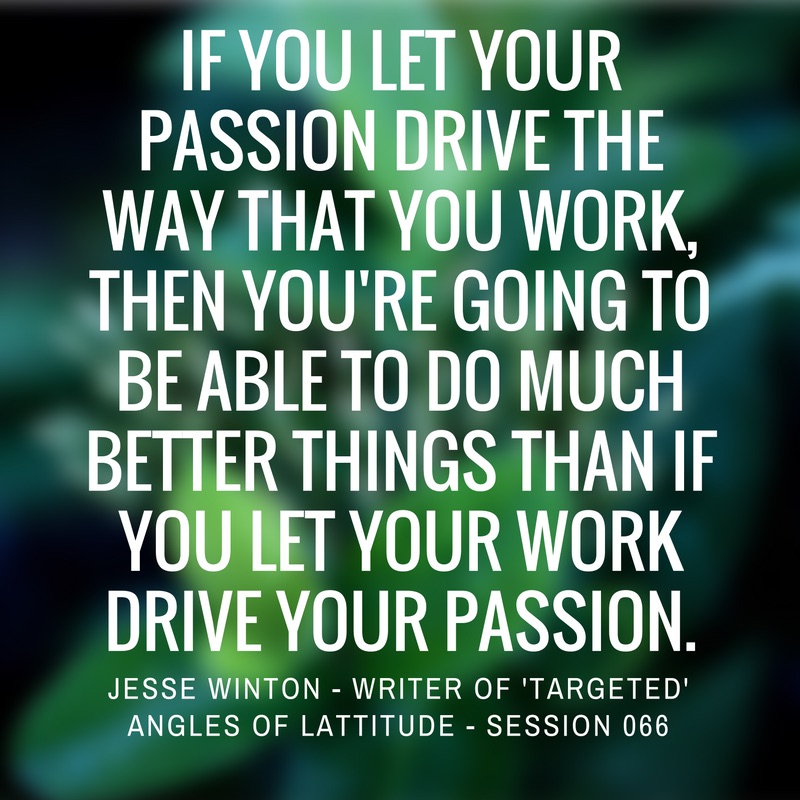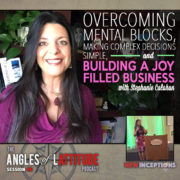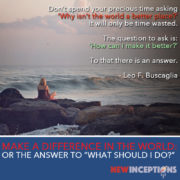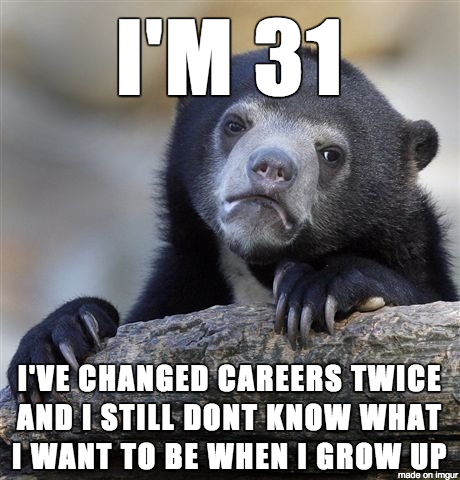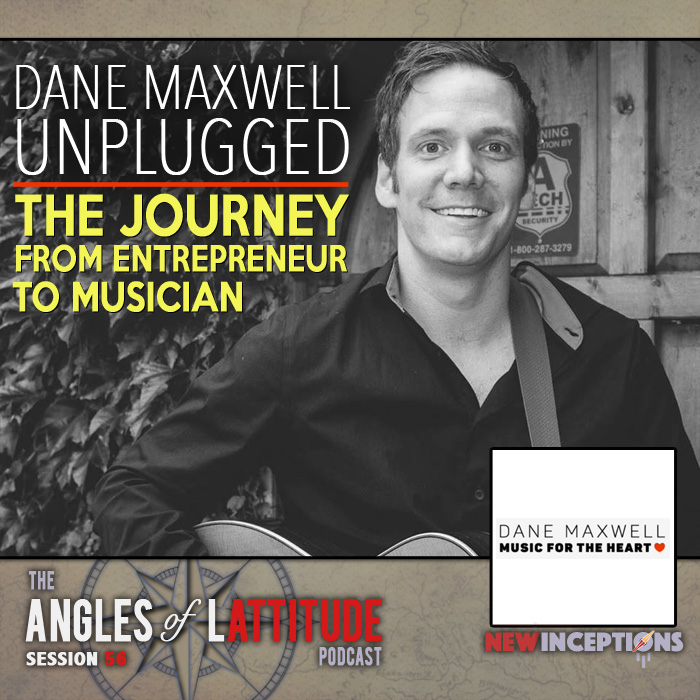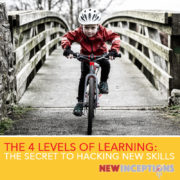How an Outgoing Introvert Can Become a Leader
Since 2011, I’ve been a John Maxwell Team member. And while I haven’t been able to use the skills directly that I have learned from the group, there’s definitely one thing that has serviced me.
It’s a great way to network and meet all kinds of interesting people who have chosen to make John’s work part of their arsenal of ways they can help people.
In this post (which was one that I made soon after I was “officially certified” as a member of the team), I talk about what it takes for someone who isn’t traditionally considered a typical “people person” (an introvert) to become a leader.
Funny enough, it’s not as hard as you’d think!
-JC
Growing Up an Outgoing Introvert
Us introverts, we’re an interesting bunch. We like to think deep and hard about things and, for the most part, we like people – but we don’t want to deal with them all day.
At least that’s what the classical definition would say about us.
Growing up I was an only child – so I don’t know if my introversion was nature or nurtured.
But one thing has always been the same. I was always outgoing. Talking with just about anyone – when needed.
Usually it was about things I had learned that might apply in their life. I never was one for casual talk – so many times I jumped right into the middle of the conversation. (Yeah… about that!)
Be it knowledge I had learned about technology, art, through TV shows, in college, or now in business, I’ve wanted to help where I could.
One movie that I recently watched and totally connected with me was The King’s Speech. I guess you could say it’s the inspiration for this post.
If you’re not familiar with it, here’s the trailer:
Make it a Commitment
So the basis of the movie is about George VI being a leader of a country and having to address the company on radio. The problem is, he was essentially scared of his own shadow.
But he had to do what he was going to do (learn to give a proper speech and not fumble all over it) and so he set out on getting comfortable with that shadow.
He committed to his task.
The first thing you need to do is start by realizing that this is something you’re going to want to do. It’s one thing to say “Oh, I’m going to be successful because lots of people are going to pay attention to what I have to say”, but it’s quite another actually getting to that point.
Becoming a leader, whether you’re an extrovert or an introvert doesn’t happen by chance. You have to make an effort to get there.
Improve Your Interpersonal Skills
Art of Charm has been one of my favorite podcasts for a long time because I feel that the host, Jordan Harbinger, is an introvert in disguise. On his show he talks about a number of issues that us introverts have to learn about because we don’t naturally have skills to deal with them.
In his story, he says that he learned that the fastest way to get what you want in life is being a relationship builder. For many of us introverts, we have no idea that this is an actual skill we can use to our own benefit because we’re either too preoccupied by building our own skillsets or we’re just straight out grinding away hoping that our break (whatever that looks like) will come.
So learn to initiate conversation and when you do, pay attention and listen. Instead of thinking about what you’re going to say next or cutting them off in mid paragraph (or mid thought!!), let them say what they need to. Pauses are only awkward if you make them. 😉
Also, remember as an introvert, you probably have great empathy and understanding of others. If a conflict in your group arises, do the opposite of what you’d naturally want to do (avoid the situation) and deal with it.
Remember, people don’t care how much you know until they know how much you care.
Get Comfortable Taking Small Risks
One thing that I’ve had to get better at over time is getting better at getting out of my comfort zone. As introverts, our comfort zone is fairly small.
We’re used to hanging out with our close friends and family. But when we go beyond that, we start to panic a bit. We need to get over that. (I did by making 100 cold calls a week at one point!)
We love being as perfect and professional as possible at work. It prevents us from being recognized or sticking out too much. That’s something else you’re going to have to get over. Learn how to suggest and implement bold yet carefully researched actions. Sometimes those actions might not work out – but at least we learn from the failure and make it better next time!
Here’s the thing: leaders stick out. That’s what makes them a leader. If they’re a good leader, they’re going to be leading others from the front!
Rely on What You Know
If you’re like most introverts, you’re probably a geek in something. Whether it’s technology or some form of creative work, you need to use that to your advantage.
For me, I’m a tech geek – I have been for most of my life. I’ve always been the guy that my friends and family would go to for help with their gadgets and computers – either to help them figure something out or “help them” fix it.
Therefore, growing up talking to them through AoL Instant Messenger about how to do something became commonplace. Maybe the same is true for you?
Heck – I got to a point where some things were so common for me to describe that I’d make documents describing how to do things just in case I had to show someone else.
Today I do similar work through platforms like Slack, Facebook Messenger, and Google Docs to keep it all straight!
Maybe there’s a few platforms you’re already comfortable with so you can use it to make yourself more effective?
Develop Your Three Layers Of Confidence
Many people talk about faking it until you make it. But the truth is, that could be really bad advice for some people. Another piece of potentially bad advice? Oh, just act yourself! Yeah, sometimes acting yourself isn’t going to work in all situations. Sometimes you have to act a certain way with one group of people but if you’re with another group, you’d act completely different.
What makes those groups different is more than likely you’re own confidence. With your friends, you’re going to seem very outgoing and be mistaken for an extrovert.
But if you’re at a networking meeting or drawn into give a speech, you might seem like a fish out of water.
You need to develop your three layers of confidence:
- Surface
- Lifestyle
- Core
Here’s a video from Matthew Hussey on what these actually mean:
Update: And, if you’d like, here’s a recent talk of his at a Lewis Howes’ event going a bit deeper with the topic:
Share Your Vision Early On:
If you’re already in a leadership position, make sure you share your vision with those that are following (or simply engaging with) you from time to time.
You don’t want to surprise your group with what you really wanted when the project is going or even worse, when it’s about to be complete.
They say that a man without vision shall perish – well, the same could be said for a group of people as well. You plan with the end in mind, make sure you bring your group members in on what the plan is and, better yet, involve them in making the plans as well so you don’t have to do all the heavy lifting!
Action Steps:
So what’s next? Well, I’d start with what Matthew talks about in that video – work on your three levels of confidence whatever that looks like to you. You need to start practicing the person you want to be like so you’re actually them!
After that, if you’re not already in a leader position, plug into a group that you actually enjoy building and helping with. The more you put into the group, the more likely you’re going to get a leadership position through that group.
At that point, whatever else you’re doing will be recognized as well. And you might have your own followers at that point, too!

